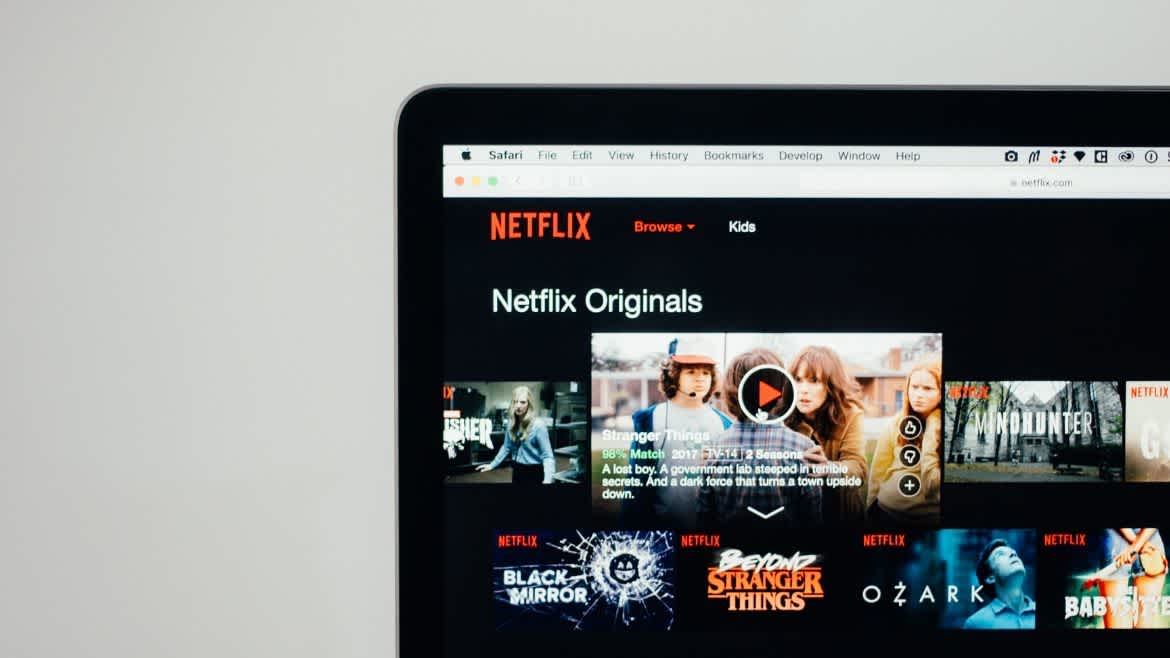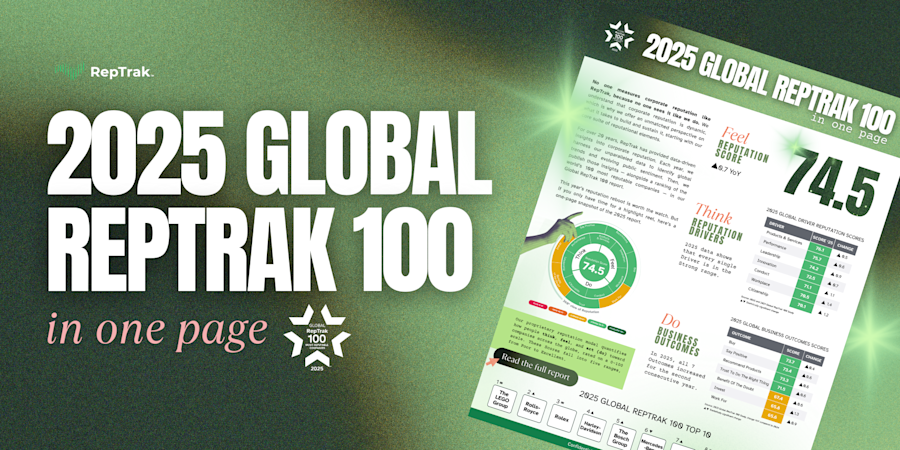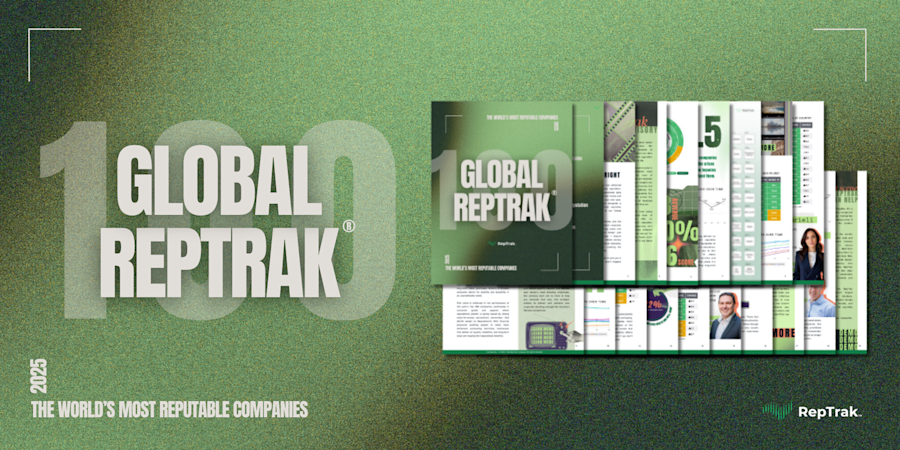Netflix - #1 Corporate Reputation in the United States
Blog Post03 Apr, 2019
In many cases, becoming part of contemporary slang reflects a catastrophic mistake or a PR nightmare. In the case of Netflix, however, the opposite is true. Netflix and chill has entered the modern lexicon because it has become a fixture of the average person’s everyday routine. With innovative and award-winning content, a genuine commitment to social responsibility, and an astonishing knack for creating the next viral phenomenon – Netflix’s reputation continues to soar. This reputational leap is reflected by our U.S. RepTrak, the annual ranking of the most reputable American companies. For the first time ever, Netflix has risen to the top of the list, jumping from #23 in 2018 to #1 in 2019. To many of us, this shouldn’t be much of a surprise. After all, Netflix’s diverse and critically acclaimed programming forms the bedrock for many of our weekend plans.
Original shows like Black Mirror, Queer Eye, and Stranger Things have captivated audiences across the world and captured a cultural zeitgeist (this goes without even mentioning the value and views generated by hosting classics like The Office and Friends). But learning the lessons of Netflix’s rise should prove beneficial for companies hoping to bolster their own reputations, especially as the road to Netflix’s reputational success was not bereft of challenges.
Lesson 1: Take a stand.
Perhaps the show most intimately associated with Netflix is its flagship House of Cards. The prestige drama put Netflix on the map qua streaming service and served as a proof of concept for increased investment in original programming. When the set was rocked with allegations of sexual harassment against star Kevin Spacey as part of the growing #MeToo movement, Netflix faced a critical inflection point: support their morally questionable star as the final season of the show filmed or wade into unexplored territory and risk profitability. Netflix clearly and decisively chose the latter. By firing Spacey and halting production on set, Netflix showed the public that its commitment to doing what was right outweighed the importance of its bottom line. Taking decisive action in reflection of its values was a consistent theme for Netflix in 2018, and one that should serve as inspiration for companies hoping to improve their reputation. When reports surfaced that Netflix CCO Jonathan Friedland had used inappropriate language in private meetings, he was fired. This level of accountability and transparency with respect to the cultural concerns that might arise at any company sets Netflix apart. For companies hoping to learn from Netflix, this much is clear: confronting issues decisively and openly engenders a level of trust with the public that can’t be beat.
Lesson 2: Products power industry disruption.
Netflix’s reputational rise is also largely attributable to their transition from media repository to content-creator. By making this shift successfully, Netflix played the role of disruptor to the staid and unchanging entertainment industry. With its diverse and innovative content portfolio, Netflix transformed the way in which audiences interact with television programming and created shows that did more than simply entertain—they provided a spark of hope. Emblematic of this shift were Netflix’s innovative Black Mirror episode "Bandersnatch," its reboot of the popular series Queer Eye, and the award-winning documentary Roma.
The hotly anticipated Bandersnatch provided viewers an opportunity to choose their own adventure by making choices to follow one of at least 250 different possible plotlines. "Bandersnatch" has since been hailed as representing a paradigm-shifting piece of television, changing the level of immersion and narrative control viewers can expect as television evolves in the 21st century.
Queer Eye marks a less technologically innovative but even more popular piece of programming. The reboot of the early 2000’s TV show sparked national conversations about inclusion, empowerment, and "French tucks." By investing in a program like Queer Eye, Netflix has been able to hone its image as progressive and inclusive, while also riding the wave of the cast’s viral success.
More traditional in form but equally groundbreaking in terms of achievement was Netflix’s success at the Oscars. By granting unprecedented creative license and support to director Alfonso Cuarón, Netflix walked home with its first Academy Award for the heart-wrenching documentary Roma.
By breaking into the rarefied air of the silver screen’s elite, Netflix proved that it was an entertainment powerhouse here to stay. Each of these successes required substantial investment on Netflix’s part, but they paid off. Our data shows that Netflix’s score for Products & Services outpaces an average of U.S. industry competitors by 10.4 points and Netflix’s revenue increased to an all-time high of $4.19 billion USD. By unveiling innovative and successful products, Netflix was able to disrupt the entertainment industry and position itself as the inclusive, progressive, and beloved content-creator of the future.
Netflix: See what's next
Netflix’s unprecedented success both reputationally and financially has not gone unnoticed. Competitors like Disney and Apple are both planning on launching rival streaming services soon, and there has been pushback from the old guard of the movie industry regarding Netflix’s eligibility for future awards. Fortunately for Netflix, its rise to the top of the reputational ladder reflects its unique emotional connection with the public. Try as competitors might, Netflix has credit in the public’s emotional bank to weather nearly any competitive storm and to differentiate itself from rivals.
By continuing to push new boundaries and go where no mere entertainment company has gone before, Netflix is well-positioned to continue its reign atop the reputational rankings and to thrive based on its strong values and innovative product portfolio.
Daniel Friedman Associate The RepTrak Company [email protected]





